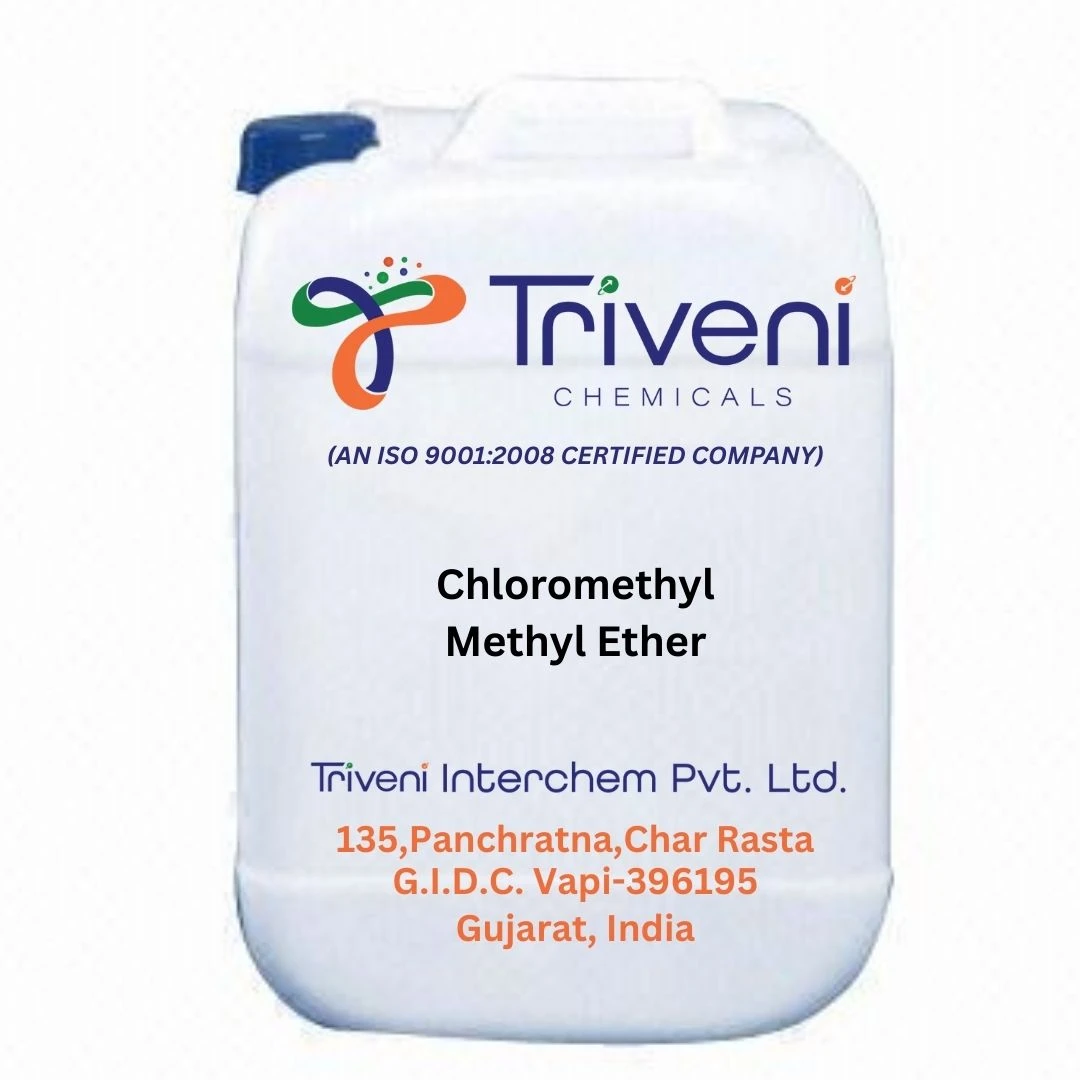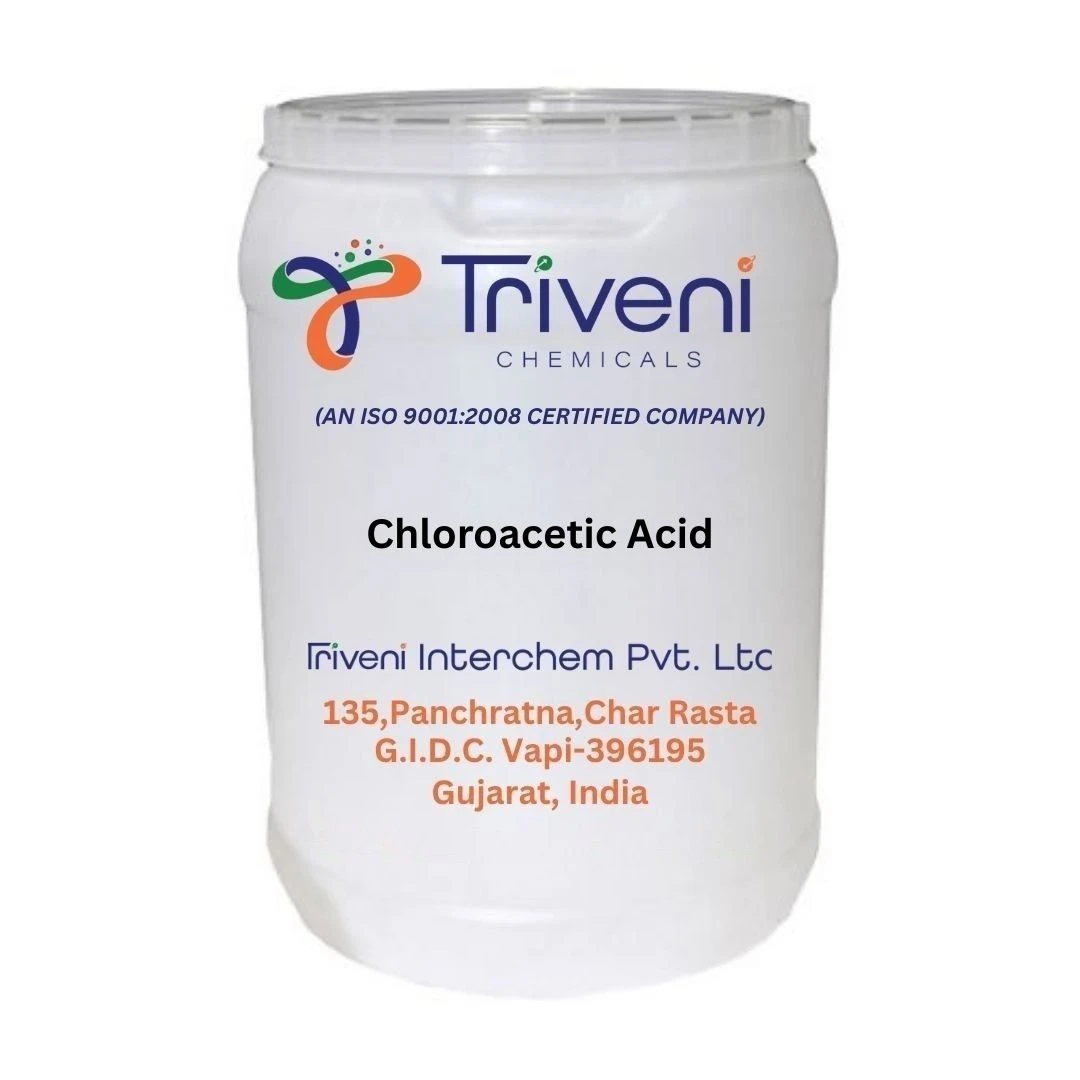A class of substances known as alkylating agents is frequently employed in chemotherapy to treat different kinds of cancer. They work by introducing alkyl groups to proteins, RNA, and DNA, which disrupts their regular functions and ultimately results in cell death. These agents are categorized according to their chemical makeup,..
A class of substances known as alkylating agents is frequently employed in chemotherapy to treat different kinds of cancer. They work by introducing alkyl groups to proteins, RNA, and DNA, which disrupts their regular functions and ultimately results in cell death. These agents are categorized according to their chemical makeup, mode of action, and therapeutic use.The most well-known alkylating agent is nitrogen mustard, which serves as the model for this particular class of substances. Certain nitrogen mustards, like ifosfamide, cyclophosphamide, and mechlorethamine, have an alkyl group joined to a nitrogen atom. By creating cross-links between DNA strands, these substances impede transcription and DNA replication while also causing fast dividing cells to undergo apoptosis. Carmustine, lomustine, and semustine are among the nitrosoureas, which are a significant class of alkylating agents. Because nitrosoureas are easily absorbed through the blood-brain barrier, they are very useful in the treatment of brain tumors. They cause DNA strand breakage and ultimately cell death by alkylating DNA at the guanine O6 site.Alkylating drugs based on platinum, such cisplatin, carboplatin, and oxaliplatin, are frequently employed in the management of diverse solid tumors, such as lung, ovarian, and testicular cancers. These substances create intrastrand and interstrand DNA cross-links through platinum-DNA adducts, which impede DNA transcription and replication and cause cancer cells to undergo apoptosis. Alkylating drugs called alkyl sulfonates, such as busulfan, are mostly used to treat chronic myeloid leukemia. They alkylate DNA, which prevents DNA replication and creates cross-links. In conditioning protocols before hematopoietic stem cell transplantation, busulfan is frequently employed.Alkylating drugs are powerful chemotherapeutic agents, but they come with serious adverse effects, such as increased risk of subsequent malignancies, nausea, vomiting, and myelosuppression. Furthermore, their non-specific manner of action can have a variety of negative consequences on normal cells. To sum up, alkylating agents are a broad class of chemotherapeutic substances that are essential to the management of cancer. They work well against a variety of cancers due to their capacity to cause DNA damage and cell death. However, their toxicity profile and possible long-term side effects frequently limit their clinical utilization. The goal of ongoing research is to create new alkylating compounds with enhanced safety and effectiveness profiles.
Alkylating agents, including alkylating antineoplastic agents, are used in cancer treatment by damaging DNA to inhibit cancer cell growth. 2-Bromothioanisole serves as an intermediate in organic synthesis, potentially influencing chemical reactions with alkylating agents.




